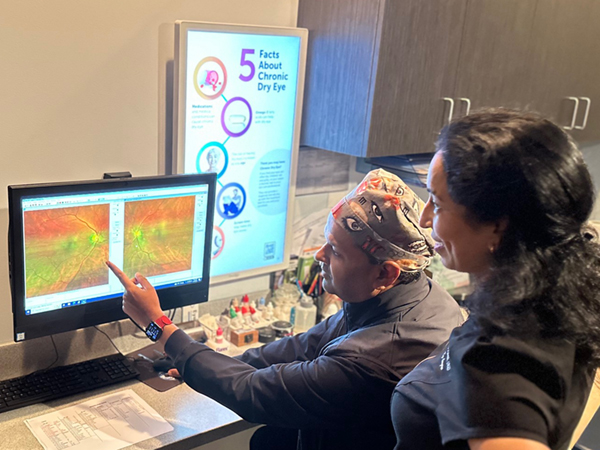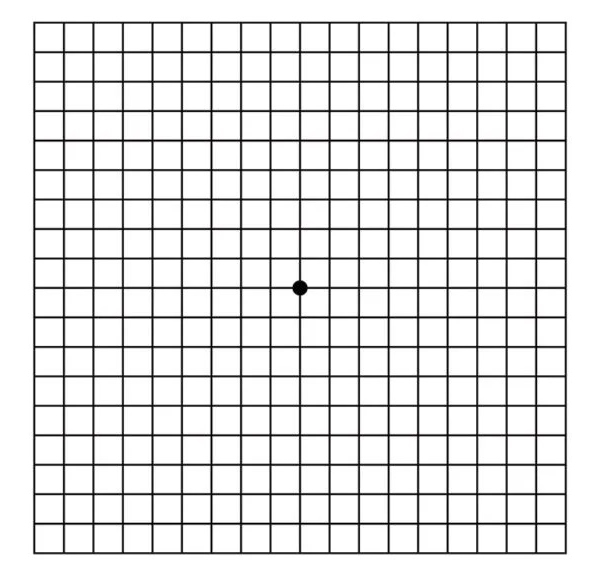
Diabetic Retinopathy
Diabetic retinopathy is a common retinal health condition that affects individuals with diabetes. This condition occurs when high blood sugar levels damage the blood vessels in the retina, this dysfunction leads to vision loss or even blindness. Diabetic retinopathy often has no noticeable symptoms in its early stages, making regular eye exams crucial for early detection and treatment. Diabetes can affect many other parts of the eye including the muscles and optic nerve. We work together with your primary physician and other specialists such as endocrinologists and neurologists to keep you functioning well as you live with this diabetes.
Retinal Health
Other common retinal health conditions include age-related macular degeneration , hypertension-related retinopathy, and many other systemic conditions. Age-related macular degeneration is a degenerative condition that affects the macula, the part of the retina responsible for central vision. Age-related macular degeneration (AMD) is the most common cause of blindness and vision impairment in Americans aged 60 and older. It is designated as “wet” or “dry” and requires close monitoring. Treatment for retinal health conditions depends on the specific condition and its severity. Treatments include laser therapy, medications, or surgery. Early detection and treatment are essential for preserving vision and preventing further damage to the retina.
AMD Grid Test
- Do any of the lines in the grid appear wavy, blurred or distorted?
- Do all the boxes in the grid look square and the same size?
- Are there any “holes” (missing areas) or dark areas in the grid?

Many health conditions put people at risk of developing retinal degeneration, such as those with diabetes, hypertension, smoking, high cholesterol, genetic predisposition, and family history of macular degeneration. Everyone in these categories should have regular eye exams and take steps to manage their condition, such as maintaining healthy blood sugar levels and lowering their body-mass index. Other measures to promote retinal health include eating a diet rich in antioxidants, not smoking, and protecting your eyes from UV radiation and other environmental hazards. Multivitamins and UV-protected sunglasses help as well.
We use all modern diagnostic imaging and technology to help our patients in their retinal health journey. This includes non-mydriatic (without-dilating), high resolution cameras and OCT- (tomography) devices to give a deeper glimpse into macular and retinal health. Our on-site medical retinal specialist aids in diagnosis and treatment as well. We are networked with retinal surgeons in the area, for advanced medical or surgical retinal issues.
It’s “EyeCare because WeCare!”
